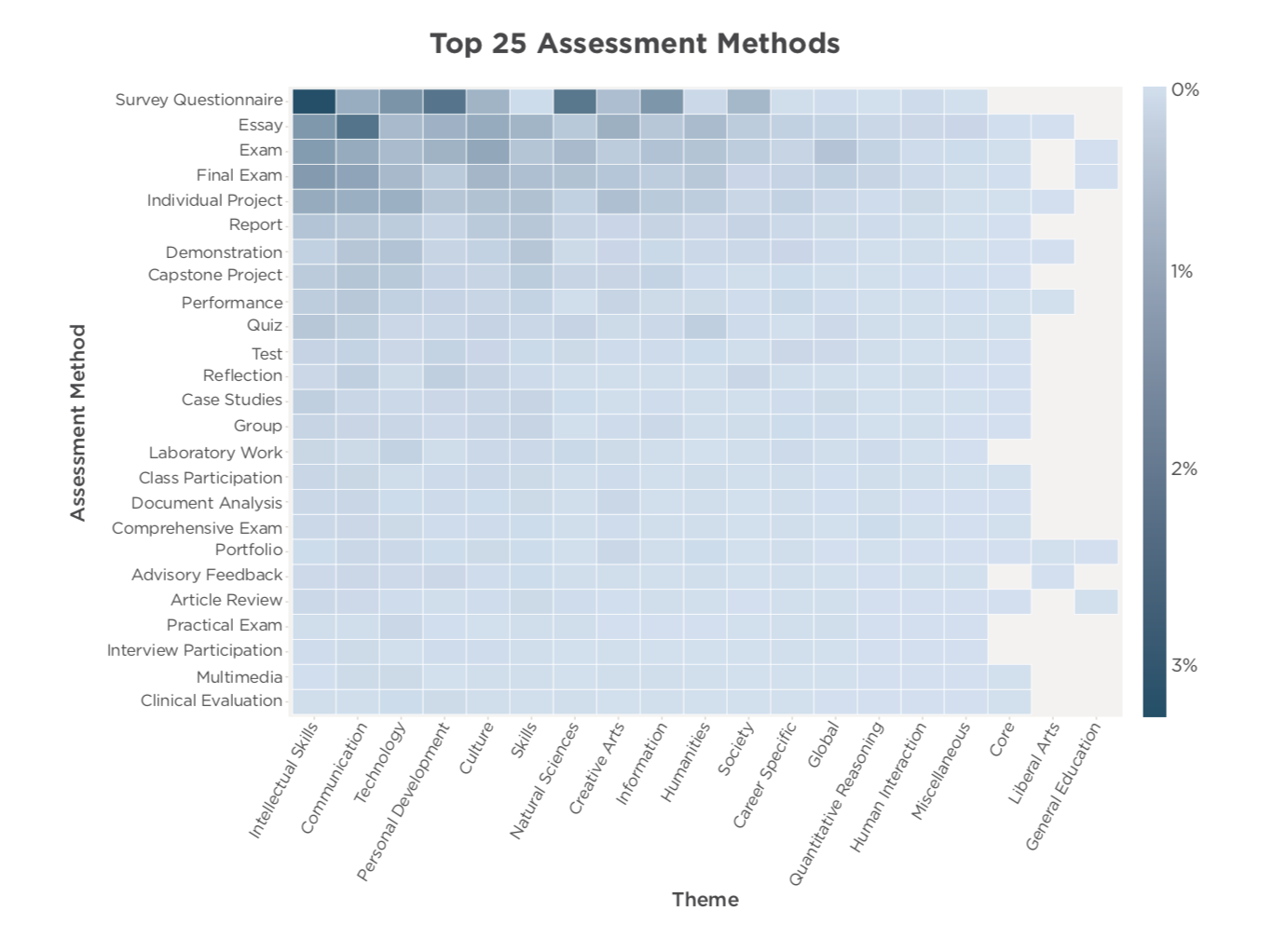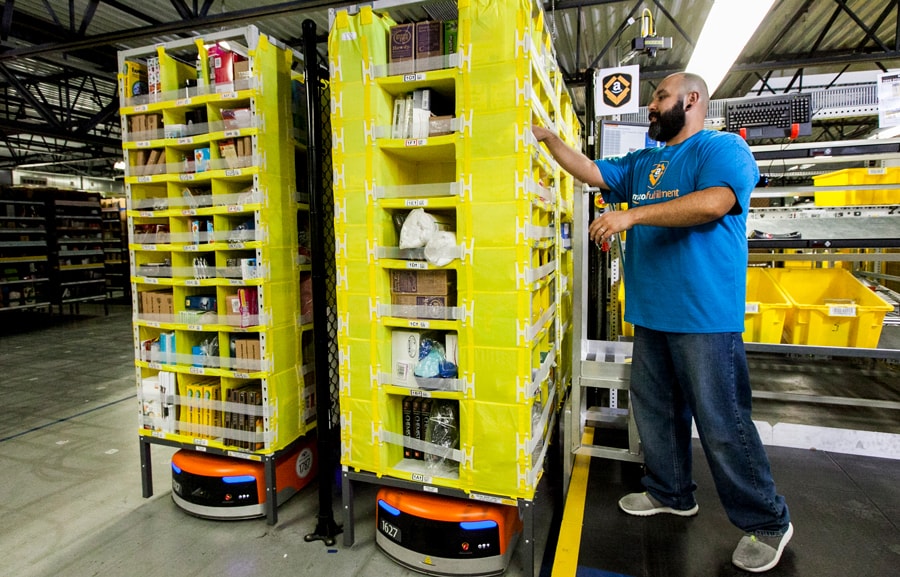Several studies explain which are the skills and competencies most demanded by the industry. Are they being taught at universities?
Photo: Bigstock.
The questions surrounding the university system persist, accumulate and increase. In 2018, Michael E. Hansen, executive director of Cengage Learning, wrote the following for the World Economic Forum: “Our world has a problem, in that most education systems were built for the needs of the 20th century. Take higher education: it has not been designed to deliver the skills needed for the disruption ahead; and – even worse – the cost of tuition and course materials has become a significant barrier to access.”
Faced with this reality, universities must explain what is happening in their classrooms and prove that higher education is still necessary.
They must also provide evidence that they are teaching the knowledge, skills and abilities necessary to meet the needs demanded, both by students and employers. However, several studies and reports give indications that this hasn’t been achieved yet.
A significant trend: the skills demanded by the industry are changing
In theory, one of the purposes of the university is to prepare students to have the necessary skills and competencies when they graduate and enter the labor market. These skills and competencies, on the other hand, have changed significantly in recent decades: The Future of Jobs report (2016) of the World Economic Forum shows this situation.
In 2015, the most demanded job skills were: 1) complex problem-solving, 2) coordinating with others, 3) people management, 4) critical thinking, 5) negotiation, 6) quality control, 7) service orientation, 8) judgment and decision making, 9) active listening, 10) creativity.
On the other hand, by the year 2020 they will be: 1) complex problem-solving, 2) critical thinking, 3) creativity, 4) people management, 5) coordinating with others, 6) emotional intelligence, 7) judgment and decision making, 8) service orientation, 9) negotiation, 10) cognitive flexibility.
Other data show the same trend. In 2018, ManpowerGroup presented a report titled Robots Need Not Apply: Human Solutions in the Skills Revolution, to do so, the authors consulted 20 thousand employers in 42 countries. The results showed that the skills most sought by the industry are: communication, collaboration and problem-solving. That same year, Deloitte’s report, The Rise of the Individual in the Future of Work, found that the most demanded skills included: adaptability, adaptation to the company’s culture and collaboration.
Are universities teaching these skills?
As has already been explained, the industry is demanding new skills. Universities, on their behalf, are trying to adapt these new skills into their programs and teach them to students.
A new report, Degree of Difference: What Do Learning Outcomes Say About Higher Education? (2019), conducted by Campus Labs, analyzed 73 universities in the United States and its results provide an overview of what is being taught to university students and how their learning outcomes are being measured. The methodology of the report consisted of analyzing the learning outcomes of 15,521 university institutions, departments and academic programs.
What learning themes are the most taught at universities, both at institutional (ILO) and department or program level (PLO)? According to the results, the prevailing theme is intellectual skills, which represents attributes like critical thinking, problem-solving and reasoning. Followed by: communication (written and verbal), culture, technology and personal development (it represents skills like initiative, professional ethics, leadership and attention to detail).
When compared with the most demanded job skills, it is possible to see that neither universities nor their departments or programs are focusing on skills like creativity, emotional intelligence or cognitive flexibility.
The great challenge of universities: effectively measure the skills that are being taught
The Campus Labs report points to another problem shared by higher education institutions: students are not evaluated in the most effective way. The authors explain that it is not only necessary to teach a skill (or a series of skills), there also must be evidence that the student has mastered this skill and is capable of applying that knowledge. This does not always happen.
“The most meaningful and accurate way to determine if learning has occurred is authentic assessment, which uses evidence of students demonstrating a skill and/or applying knowledge in a situation that most represents how that skill or knowledge will be used in life and professional situations,” the report explains. “Authentic assessment takes time, thought, patience, and faith that students engage in the learning process as willingly and earnestly as faculty engage in the design and execution of the assessment. Authentic assessment is difficult and, therefore, often not used.”
Learning can be measured through direct and indirect methods. In the direct assessments, a student’s work is requested, or evidence of knowledge and skills is observed. Indirect assessments measure the student’s perception of learning. Both have value, especially when combined.
Although there are more than 25 direct and indirect methods to evaluate, the report shows that the most used are only five: questionnaire, essay, exam, final exam and individual project.
The conclusion of the study is that universities should clarify, to students and employers, what is being taught in the classrooms. To do so, it is important to rethink how to teach certain skills and how to measure these teachings.
“With increased public scrutiny brought upon higher education […] it is all the more imperative for institutions as a collective to have processes in place that demonstrate what learning happens on campus, and to what end,” the report says. “[Additionally,] Learning outcome statements can be a powerful resource to clarify and communicate the purpose of a college degree and the specifics of an individual program or course.”
References
Campus Labs (2019) Degree of Difference: What Do Learning Outcomes Say About Higher Education? Retrieved from: https://www.aacu.org/publications-research/periodicals/measuring-difference-college-makes-randcae-value-added-assessment
ManpowerGroup (Firm) (2018) Robots Need Not Apply: Human Solutions for the Skills Revolution. Retrieved from: https://www.manpowergroup.com/wps/wcm/connect/59db87a7-16c6-490d-ae70-1bd7a322c240/Robots_Need_Not_Apply.pdf?MOD=AJPERES
World Economic Forum (2018) Higher education needs dusting off for the 21st century. Retrieved from: https://www.weforum.org/agenda/2018/03/make-higher-education-skills-relevant-for-students/
Deloitte (2018) The rise of the individual in the future of work. Retrieved from: https://www.hrps.org/executive-events/annual-conference/speakers/Documents/Bersin-_HRPS.pdf
World Economic Forum. (2016, January). The future of jobs: Employment, skills and workforce strategy for the fourth industrial revolution. In Global Challenge Insight Report, World Economic Forum, Geneva. Recuperado de: http://www3.weforum.org/docs/WEF_Future_of_Jobs.pdf
Doug Lederman (2019) Do Colleges Measure What They Value? Inside Higher Ed. Retrieved from: https://www.insidehighered.com/news/2019/05/01/study-student-learning-outcomes
Tomas Chamorro-Premuzic y Becky Frankiewicz (2019) Does Higher Education Still Prepare People for Jobs? Harvard Business Review. Retrieved from:
https://hbr.org/2019/01/does-higher-education-still-prepare-people-for-jobs
This article from Observatory of the Institute for the Future of Education may be shared under the terms of the license CC BY-NC-SA 4.0 
)
)













)
Nohemí Vilchis
Nohemí Vilchis
Nohemí Vilchis